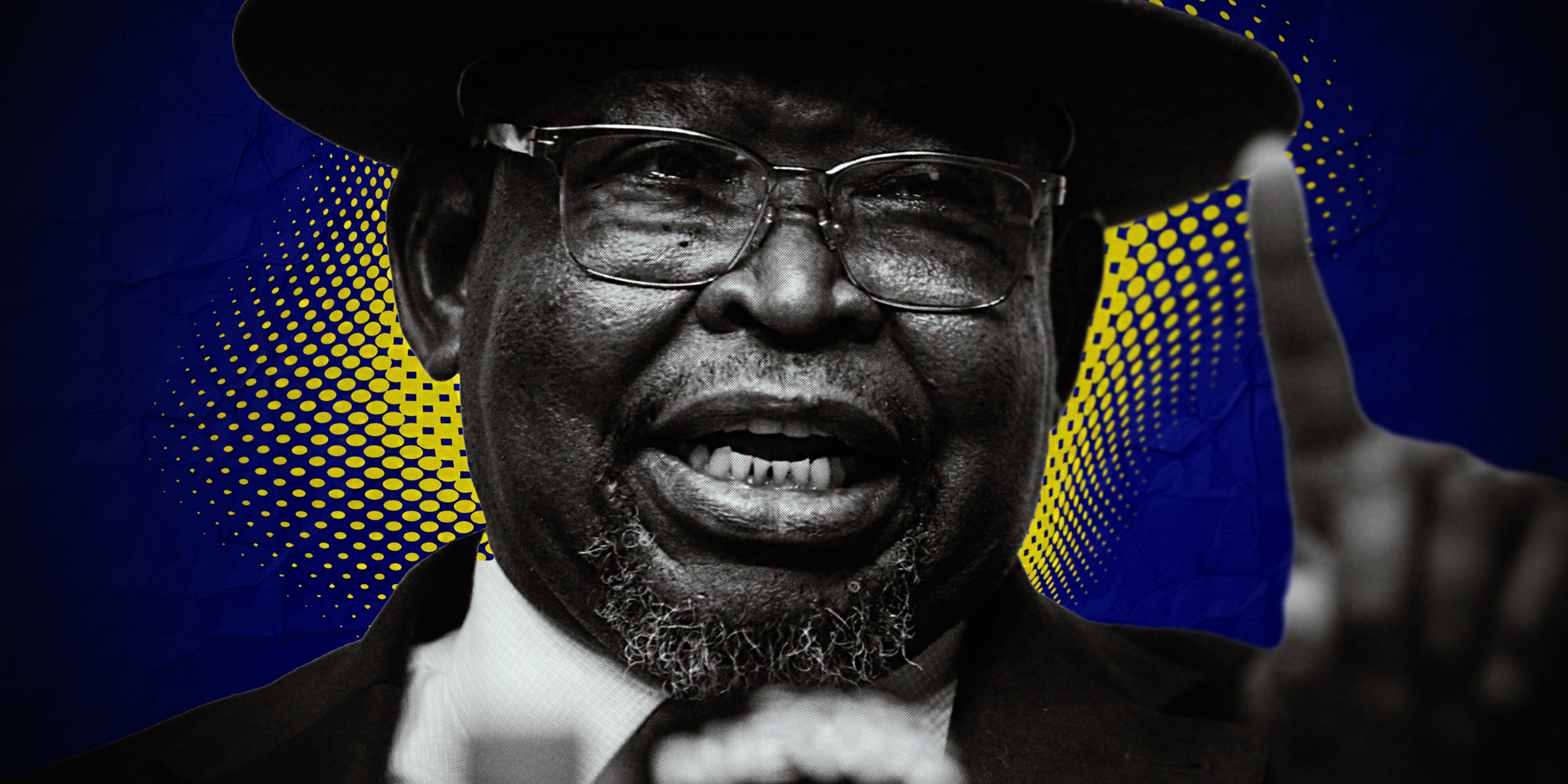It’s understood that any cuts related to what’s been called the reorganisation of the state are off the table in Wednesday’s Budget. The fact that departments would be cut emerged in the so-called Spier minutes – the September 2023 meeting between President Cyril Ramaphosa and the National Treasury to thrash out how government could be cut to size.
The meeting followed Ramaphosa’s announcement in the 2023 State of the Nation Address (Sona) that he had instructed the Presidency and National Treasury to “rationalise government departments, entities and programmes over the next three years”.
“National Treasury estimates that we could achieve a potential saving of R27-billion in the medium term if we deal with overlapping mandates, close ineffective programmes and consolidate entities where appropriate...”
It’s been a theme since Ramaphosa’s first Sona in February 2018. But little has happened since.
And little, if anything, is expected to happen given the pressures of elections and the potential post-poll need to deploy Cabinet posts either for a coalition or to boost factional inclusion in a returning ANC administration.
So, no money is set to be saved in Wednesday’s Budget by merging departments and disestablishing others by transferring functions elsewhere.
The Spier meeting documentation had suggested, for example, folding Arts, Sports and Culture into Basic Education, and Tourism into Trade, Industry and Competition. Public Works would cease after giving its building management responsibilities to individual departments, and transferring various military veteran functions into other departments like Basic Education, Human Settlements and Health.
Finance Minister Enoch Godongwana’s wiggle room is tight. Many of the Spier meeting’s proposed cuts to ineffectual spending are already in place, such as cutting the public transport grant.
Debt and bailouts
This comes as South Africa’s deficit for 2023 increased to 6% by the latest public account, just a couple of months after the 1 November Medium-Term Budget Policy Statement (MTBPS) set the deficit at 4.9% – already up from the 2023 February Budget forecast of 4%. This must raise serious concerns.
Read more in Daily Maverick: Stagnating economy, ballooning wage bill and struggling tax base – Godongwana’s Herculean task
Into this mix come continuing and increased losses by key state-owned enterprises (SOEs).
SAA lost R771-million and its technical wing, R51-million. Denel lost R463-million and the SA Post Office, under provisional liquidation since July 2023, lost R976.6-million, according to a National Treasury presentation to Parliament’s Standing Committee on Appropriations on 14 February.
SAA, Denel and the Post Office are repeat beneficiaries of bailouts.
Transnet, which has publicly negotiated with National Treasury for a bailout, received a government guarantee of R47-billion – but not cash – in December 2023.
And Eskom, which in the 2023 Budget got an effective R254-billion bailout, remains a problem child – regardless of Electricity Minister Kgosientsho Ramokgopa’s spin.
Godongwana must find cash not only for rapidly increasing debt repayments – the fastest-rising Budget allocation – but also for troubled SOEs, while ensuring continued social support that allows millions of poor and vulnerable South Africans to keep starvation at bay.
Pressure to spend
In his 2024 Sona debate reply, Ramaphosa again hinted at turning the R350 Social Relief of Distress grant, which ends in March 2025, into something more permanent to support the unemployed.
To date, National Treasury has insisted on an overall review of the social grant and social wage net.
Little leeway exists given the tax load on a relatively small pool of income tax-paying South Africans, as unemployment stands at 41.2%, including those discouraged from even trying to find work.
This could mean new taxes on products aside from petrol and sugar, or a once-off wealth tax.
While raising value-added tax (VAT) by just 1 percentage point from the current 15% could generate about R23-billion a year, this is politically unpalatable in an election year.
But the pressure to spend is on.
The governing ANC’s alliance partner, labour federation Cosatu, called for the Budget to include additional allocations for public works programmes, to modernise public health facilities, to “stabilise” Transnet – and a “massive injection of financial support” for industrialisation and manufacturing.
“What we cannot afford is another Budget based on the delusion that our sole challenge as a society is our debt level, and to hope the economy will grow, unemployment will fall, public and municipal services will be rebuilt, and SOEs be fixed by some divine miracle,” said Cosatu in a statement.
“The key to resolving these ticking time bombs is a bold and aggressive Budget.”
NHI
More money has already been found for public health sector doctors in the wake of protests by those not placed in public hospitals and clinics through a lack of money, as Health Minister Joe Phaahla said in his Sona debate contribution. All doctors should be placed by 1 April.
Questions remain over funding for the National Health Insurance (NHI), or universal healthcare. The controversial legislation that critics say will trigger litigation if Ramaphosa signs it into law doesn’t include the usual funding implications. But it’s widely calculated the NHI Fund, key to the new proposed state-centred healthcare, would require at least R200-billion a year.
That could mean a VAT increase to 21.5%, a personal income tax increase of 31% across the board or a payroll tax for those outside agriculture of around R1,565 per month, according to FTI Consulting.
The NHI is a central electioneering tool for the governing ANC as proof of delivering on its policy promises, much like the expropriation legislation that’s set down for a vote in the National Council of Provinces in early March.
For the finance minister, Wednesday’s Budget means difficult decisions, made more difficult by the pressure for populist and other shortcuts in the heavily contested 2024 elections. DM





